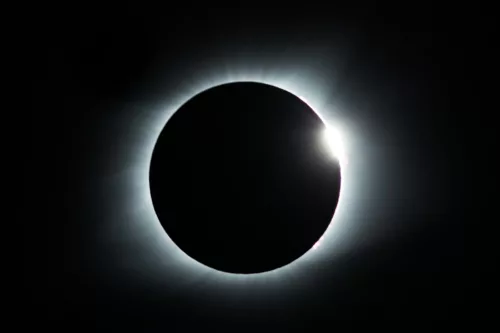
GPS data capturing eclipse phenomena in ionosphere
The passing shadow of the eclipse creates a natural experiment, suddenly reducing solar energy to an isolated area of the ionosphere.
Here in the News & Features section, you can find important announcements or learn more about our work and the science we support.
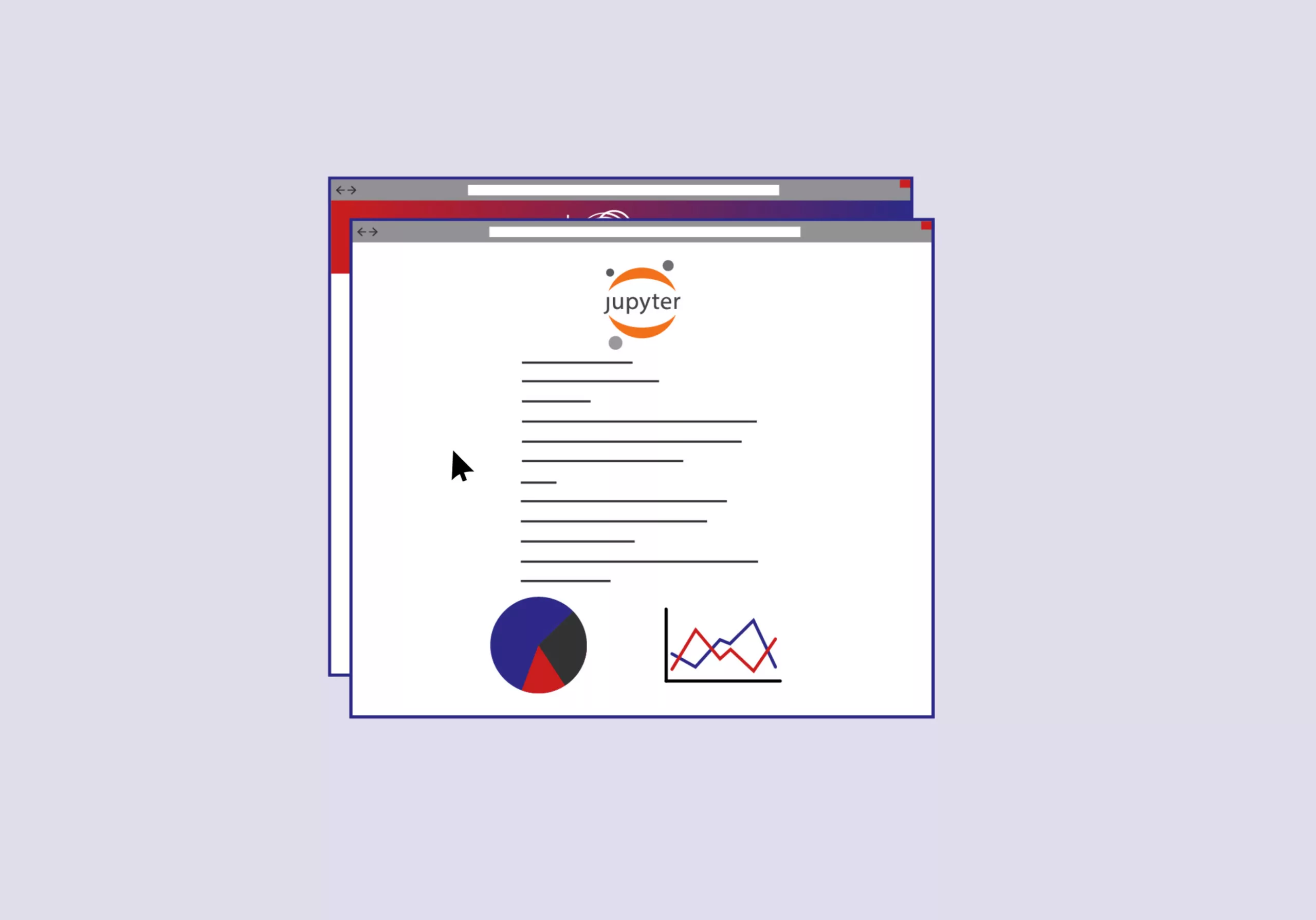

The passing shadow of the eclipse creates a natural experiment, suddenly reducing solar energy to an isolated area of the ionosphere.
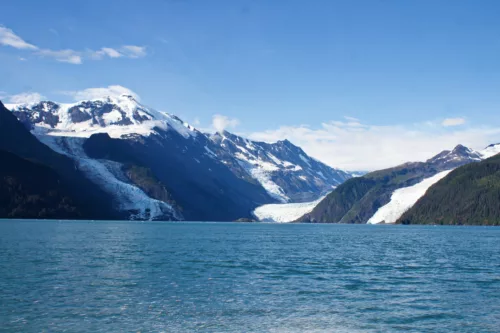
As the world warms, glaciers retreat, leaving behind over-steepened slopes that are prone to landslides. In places like coastal Alaska, landslides that slip into the ocean can spell disaster.
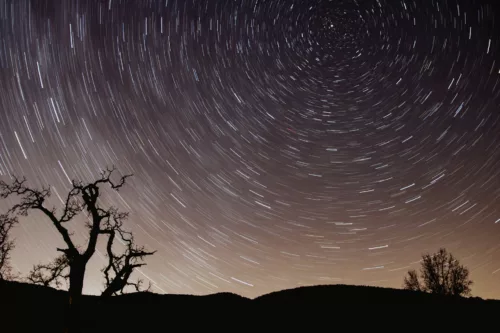
A new study tries to disentangle the factors affecting Earth’s rotation—and finds that we may have a technical problem our on our hands in the next few years.
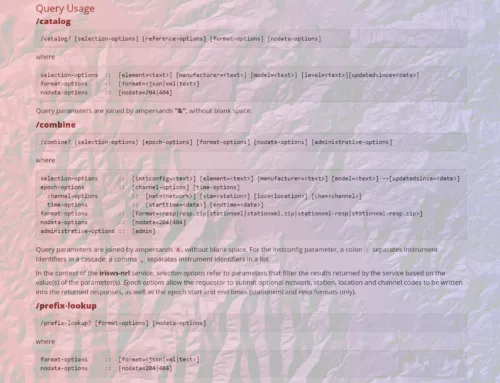
Version 1 of the Nominal Response Library (NRL) will be deprecated on May 31, replaced by version 2.
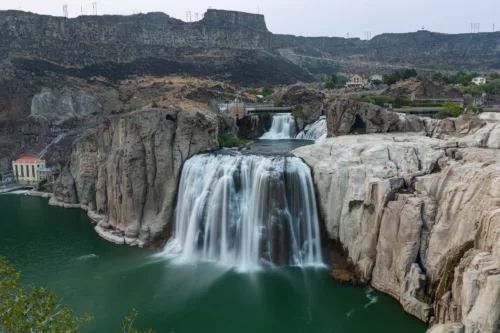
Scientists demonstrate how an array of many infrasound sensors can hear waterfalls, thunderstorms, and earthquakes (yes, the latter makes noise, too).
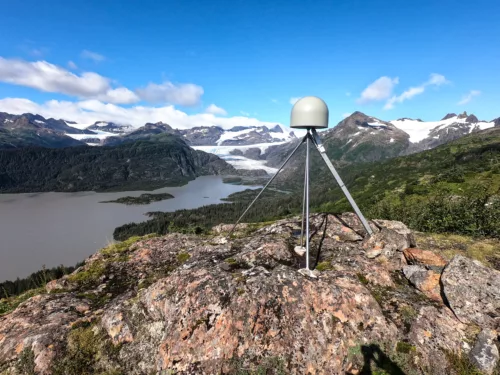
Starting on May 1, 2024, we will be allowing access to a dedicated NTRIP caster delivering low-latency RTCM positions and MSM messages using multi-constellation GNSS observations.
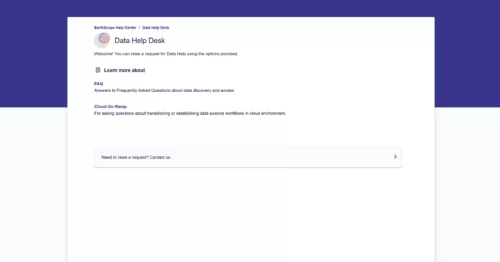
The Data Help Desk is a robust support platform that we hope will provide a streamlined access point for all the different questions about data collection, discovery, access, and delivery.
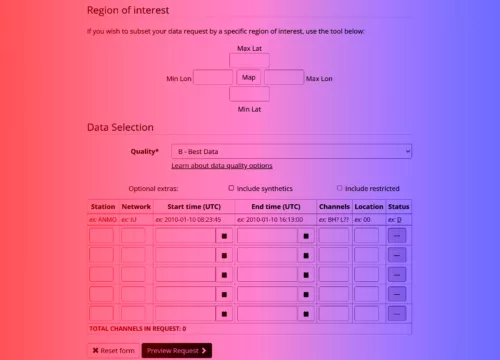
The BREQ_FAST request mechanism is being retired and will stop being supported by the EarthScope data management platform sometime between June 2024 and the end of the year.
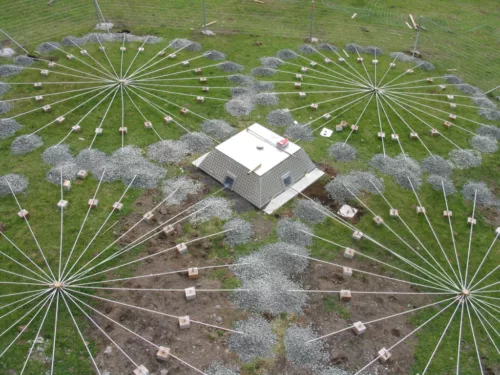
In order to monitor compliance with the Nuclear-Test-Ban Treaty, the CTBTO is developing ways to verify nuclear explosions. A new benchmark dataset based on (non-nuclear) experiments is one example.